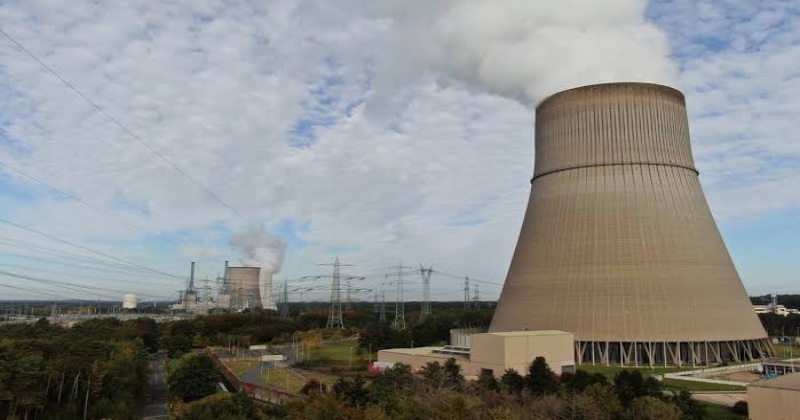
Germany will shut down its three remaining nuclear plants on Saturday, betting that despite the energy crisis caused by the Ukraine war, it can achieve its green goals without atomic power. The cloud of white steam that has risen over the river in Neckarwestheim, near Stuttgart, since 1989, as well as the Isar 2 complex in Bavaria and the Emsland plant in the north, will soon be a distant memory. At a time when many Western countries are increasing nuclear power as part of their transition to greener energy sources, Europe’s largest economy is sticking to its plans – though not everyone agrees. Germany has been looking to phase out nuclear power since 2002, but former chancellor Angela Merkel accelerated the decision in 2011 following the Fukushima disaster in Japan.
The decision to leave was widely supported in a country where there was a strong anti-nuclear movement fueled by fears of Cold War conflict and disasters such as Chernobyl. However, Russia’s invasion of Ukraine in February 2022 threatened to derail the plans by removing cheap Russian gas and plunging the country into an unprecedented energy crisis.

Post Your Comments